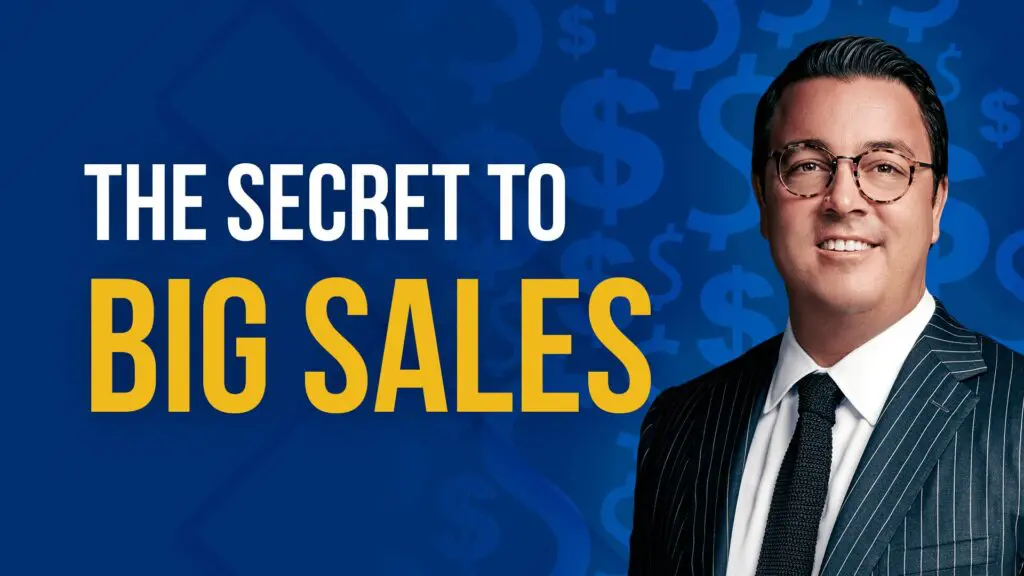Episode 157 – Family Ties and Business Lines: The Pros and Cons of Family Members Working Together in a Boutique Professional Service Firm – Member Case by Carajane Moore and Tom Searcy
According to the US Bureau of Census, 90% of small businesses in America are family-owned and operated. Many Collective 54 members work alongside family members daily. Are you? Should you? There is a different set of management best practices used to grow, scale, and exit a service firm owned and operated by a family. Attend this session to learn how mixing family and business can be an effective way to fulfill your dreams- personal and professional.



